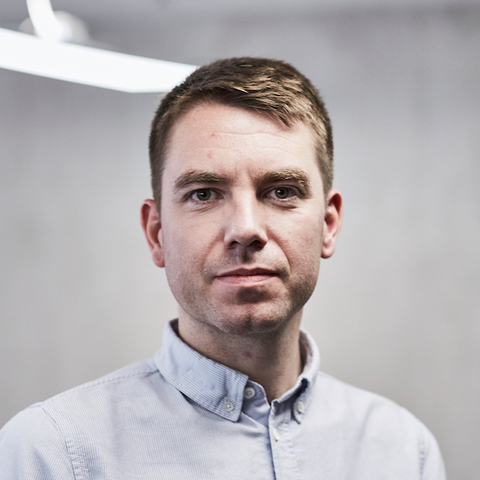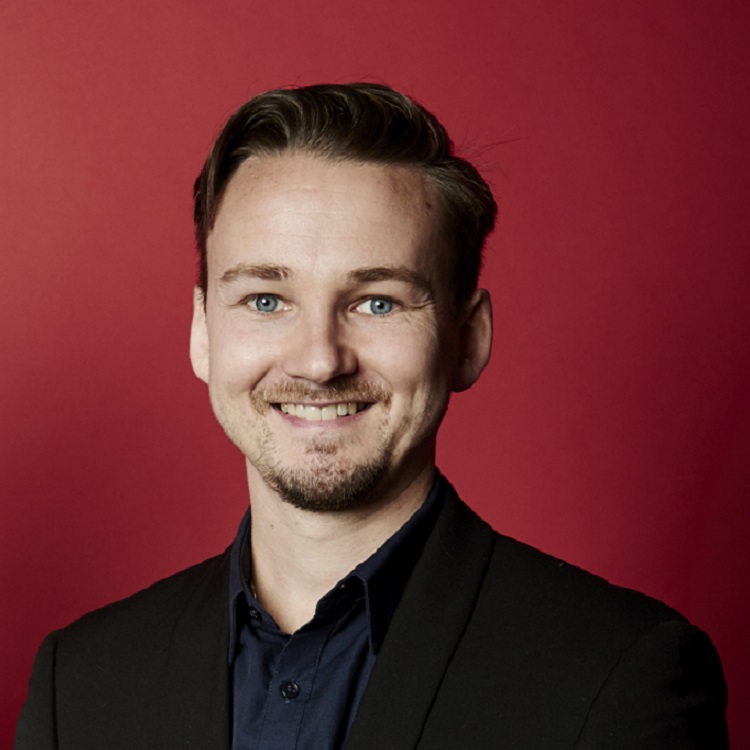
Richard Potter, Peak
Showing businesses how to use data and AI to make good commercial decisions is delivering high speed growth at Peak, a Manchester-based tech business whose revenues and staff numbers are doubling every year, says Founder and CEO Richard Potter.
- What was the inspiration for your business?
Like many good businesses, the idea for Peak was written on the back of a napkin during a conversation in a pub.
We could see that more and more data was being created by businesses and felt that access to AI shouldn’t be limited to large technology giants. We wanted to help democratise AI and make it accessible for more and more businesses. The mission for Peak has always been to help companies to do great things with the data they have.
Peak helps businesses put AI at the centre of all commercial decision making, with Decision Intelligence, a brand new category of AI-driven software and services. Peak enables the likes of AO, KFC, PepsiCo and boohoo to unlock the value of their data and bring certainty to their decision making, powered by AI. Peak’s customers have seen transformational results, including a 5% increase in total company revenues, 12% reduction in inventory holdings and a 5% reduction in supply chain costs.
- How did you finance the growth of your business?
The business was initially funded by venture capital firms including Oxx, MMC Ventures, Arete and Praetura Ventures. We have raised over $40 million in funding to date.
- What has been the impact of the pandemic on your business and how have you dealt with this?
First, there was an enormous external change. Because everyone was at home, our retail customers realised that they needed to change the way they sold very quickly, and that AI might be a really important factor in helping them doing that. So after an initial worry that everything was going to shut down, we saw demand for our services pick up, as the pandemic has accelerated the need for businesses to make that shift to becoming data-driven and highly-optimised. Businesses are now more aware of the need to be more resilient and agile to deal with shock events such as the pandemic. As a result our turnover doubled during 2020.
- What has been the most difficult or challenging part of growing your business?
The biggest challenge for any scaling business is talent acquisition. As a scale-up, you want to continually push the bar on talent and not feel like you’re compromising on the quality or capability of people in the team that you’ve worked so hard to build. You want every new person who joins to be additive to the capability of the business and its culture, and doing that at scale is challenging.
Another challenge for Peak is around the category we’re building. We’re creating and championing a new category of enterprise software, which will grow to become the most important software category of all time, but which is currently in very early stages. A key challenge is around creating awareness of that category. We not only have to build the product and build the company, but we have to create the category and sell that to potential customers, too – that, in itself, poses a significant scaling challenge.
- What key lesson can you share about setting up and growing a business?
That it is really important not to limit yourself in terms of where you want to get to. Peak is an enormously ambitious company – we speak very openly both internally and externally about the idea that we want to build an enduring technology company that lasts for a very long time. That means you constantly have to keep reaching beyond what you thought was possible before.
- What has been your biggest mistake?
Peak working with Arsenal and allowing a framed shirt to be put on display in the office, as my co-founder David Leitch is a fan. I am a Tottenham fan so this one hurts!
- What has been the secret of Peak’s success so far?
Giving equal weight to building an internal culture as building a company. Having a balance between those two things is the reason why we haven’t burnt out as an organisation. We are very ambitious but there is also a lot of focus on wellbeing and making sure that people are happy in their work.
- What advice would you give an entrepreneur just starting out about how to grow their business?
Surround yourself with incredible people as quickly as possible, who have skills that complement your own. You should only ever hire people that are smarter than you and then let them crack on with it, rather than always looking to be the smartest person in the room.
- What personal quality or characteristic has been most useful to you as an entrepreneur as you grow your business?
Curiosity.


